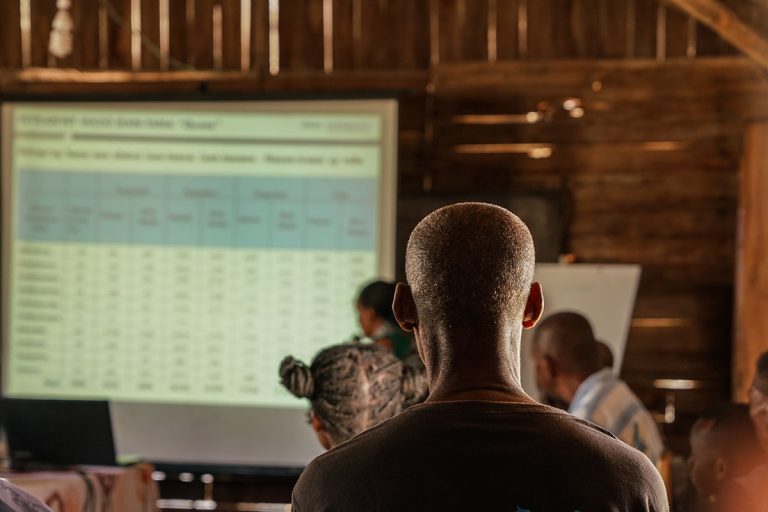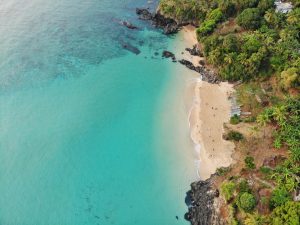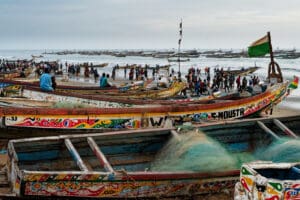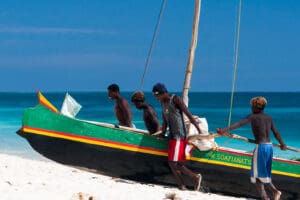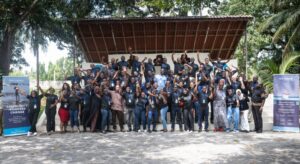Madagascar moves towards more transparent and sustainable fisheries management for the country
As the world celebrates World Oceans Day, efforts continue in Madagascar towards transparent fisheries management. Management based on robust, transparent information is essential to protect marine biodiversity, food security and to build sustainable and fair fisheries that benefit all stakeholders and the economy of Madagascar.
In recent weeks, the opening of the annual shrimp fishing season has seen the implementation of the new strategic plan for fisheries announced in September by the Government of Madagascar as part of Madagascar’s Plan for Emergence. The action plan, supported by the World Bank’s SWIOFish2 project, focuses on the sustainability of both marine resources and fisheries income for the country.
The state of Madagascar has granted 47 exploitation rights of up to five years to industrial shrimp fishing companies, under fairer financial conditions for the country. “The vessels will each work in pre-defined fishing zones. During the first few months of opening, night fishing is prohibited in order to limit the pressure on resources”, the Ministry of Fisheries stresses. The compulsory landing of catches in Malagasy ports should allow monitoring and control.
The Government of Madagascar has also announced the “delimitation of exclusive fishing zones for small-scale fishers and for industrial fishers” to ensure fair and equitable access to marine resources. Until now, they have shared many fishing zones, an unusual situation compared to the rest of Africa and the world, which everyone wanted to end.
“As part of the transparent management of shrimp resources for sustainable exploitation, 14 billion Malagasy Ariary (MGA; £2.6 million) will be allocated to the state budget – instead of two billion MGA previously,” the Government announced. Transparent and accessible fisheries data are essential to inform sustainable resource management, strengthen the national blue economy and combat illegal, unreported, and unregulated fishing, one of the priorities of the fisheries action plan. However, basic information often remains out of the public domain, such as the conditions of fishing authorisations, fishing agreements, and all the economic flows resulting from these agreements. MIHARI, the network of Locally Managed Marine Areas (LMMAs) in Madagascar, reiterated that small-scale fishers should “have access to the files of the industrial fishing companies selected, to ensure compliance between the selection criteria and the companies chosen.”
Madagascar’s sustainable fisheries policy must be supported by clear and transparent systems, involving the cooperation of all stakeholders. To this end, the Ministry of Fisheries looks favourably on approaches such as the Fisheries Transparency Initiative (FiTI). The FiTI is a voluntary initiative involving government, small-scale, artisanal and industrial fishers and civil society. FiTI aims to progressively strengthen existing public information systems through an internationally recognised standard for best practice.

